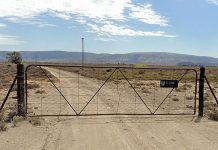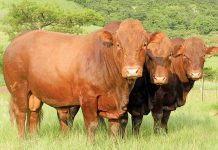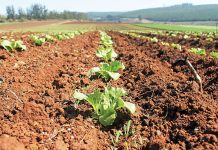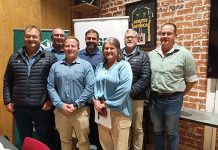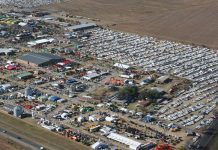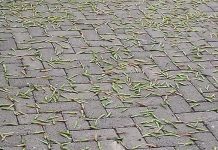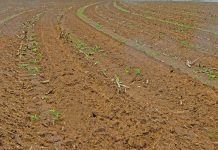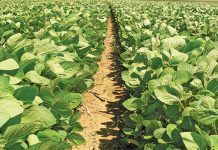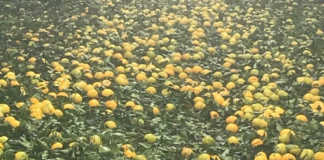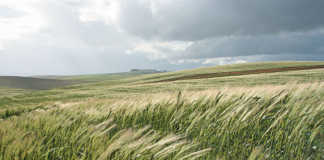
Sean Walsh, chairperson of Agbiz, said in a statement that he understood that finding the right balance between government spending to boost economic growth and taxing the public was a difficult task.
However, he expressed concern about the 1% VAT increase over two years announced by Godongwana, as many South African were already struggling to meet their basic food needs, despite South Africa having some of the most affordable food in the world and secure supply.
He also emphasised the importance of economic reforms, spending prudence and reducing wasteful expenditure to set the country on a long-term path of economic growth.
“We need to seriously implement the economic reforms referred to in past budget speeches and normalise government spending on welfare programmes.”
Operation Vulindlela
Theo Boshoff, Agbiz CEO, added that the implementation of Operation Vulindlela needed to be government’s first priority.
“We need a reformed financial model for local government, and this should receive priority to reduce the high costs of doing business due to basic service delivery challenges. We have heard repeated reference to the White Paper on Local Government, but little is known about what reforms it will propose.”
Boshoff, nevertheless, welcomed the expansion of the list of zero-rated VAT products to lower-value portions for all animal proteins.
“Previous proposals focussed on single animal products, which could have distorted the market and created unfair competition.”
Agricultural development support
Aron Kole, managing director of FarmSol, was concerned about no mention being made of agricultural development support or land reform, despite the potential of these initiatives to alleviate poverty, improve food security and improve stability in the country.
He also said the 1% increase in VAT over the next two years could have a negative impact on agricultural production costs, especially when it came to smallholder and emerging farmers.
“Increasing VAT will impact the cash flow of all farmers, as it takes time to claim VAT back. [Moreover], many smallholder and emerging farmers are also not registered for VAT, which means that they won’t be able to claim the cost back,” Kole said.
Excise taxes
The budget proposed a 4,75% increase in excise duties for cigarettes, tobacco and non-nicotine delivery systems (vaping) and 6,75% increase for pipe tobacco, cigars and alcoholic beverages.
The Health Promotion Levy (sugar tax) was not increased, and the inflationary increase due to take effect from 1 April was postponed to allow the sugar industry more time to restructure in response to regional competition.
Christo Conradie, stakeholder engagement, market access and policy manager at South African Wine, told Farmer’s Weekly that South Africa Wine was highly disappointed in the increase in excise taxes on alcoholic beverages, as this was 2% above the Consumer Price Index.
“[Godongwana] has proceeded with a tax regime that will cause South African wine to be taxed out of the market, while competitor nations benefit from more favourable policies. [This could lead to an] increase [in] illicit trade and negatively impact producers, accelerate job losses and threaten rural economies.”
Many promises, no action
Meanwhile, TLU SA said that every year, the budget made promises of economic recovery and growth, but that these remained only theoretical.
Bennie van Zyl, general manager of TLU SA, said that government’s ‘solutions’, namely redistributing resources, raising taxes and overregulation, were not the answers that would save South Africa’s economy.
“Government must implement drastic cost-cutting measures, eliminate corruption effectively, rebuild infrastructure and create a real environment for economic growth. Without these steps, no budget will have any real impact.”
He added that the consequences of ANC policies, as implemented over the past few years, had become too costly for the country, and left Godongwana with little to no room to manoeuvre.
No support
Shortly after the Budget Speech, the DA said that it would not support the budget in its current form, as the ANC failed to agree to its demand for no increase in taxes, unless these increases were temporary.
The DA stated that the increase in VAT would leave the people of South Africa poorer, and put the future of the National Government of Unity at risk.
“The ANC VAT budget does not have a majority, and the DA will not give it one. It is now up to the ANC to fix the mess it created,” the party said in a statement.

